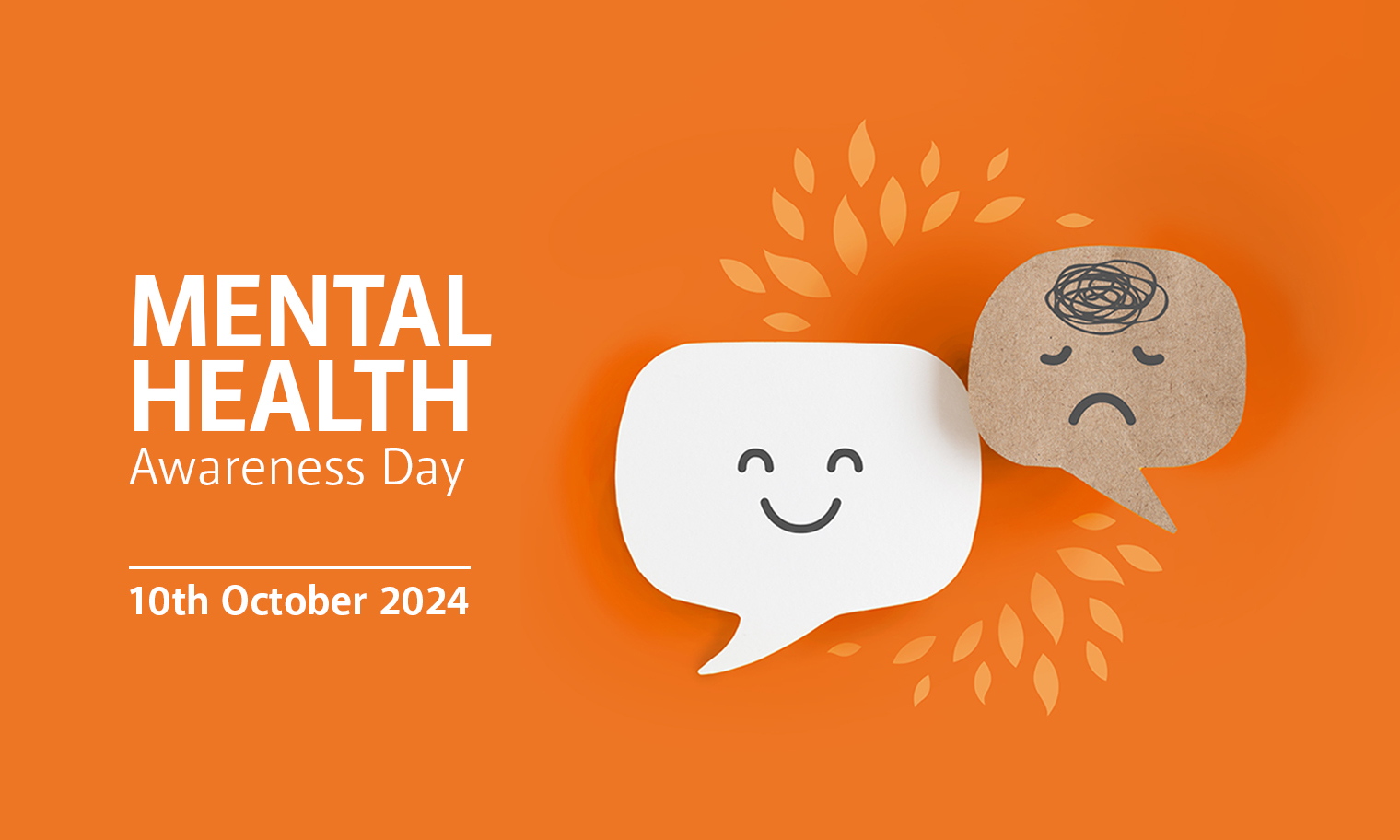9 October 2024
Prioritising Mental Health at Work: A Call to Action
Candidates

Prioritising Mental Health at Work: A Call to Action
This year, World Mental Health Day focuses on a theme that hits close to home for many of us: "It is Time to Prioritise Mental Health in the Workplace." The campaign, chosen through a global vote and backed by over 2,000 participants from 116 countries (WFMH), highlights the urgent need for better mental health support at work.
As a recruitment agency, Prime Appointments understands the role that work plays in people’s lives. For many, work can offer a sense of purpose and fulfillment, but it can also be a source of stress, anxiety, and burnout. Employers and employees alike need to work together to create a safer, healthier work environment where mental well-being is a priority.
------------------------------------------
Employers: How to Foster a Safe and Supportive Workplace
Supporting mental health in the workplace isn't just about offering benefits or training. It's about creating an environment where people feel safe, valued, and empowered. Here are some ways employers can do that:
1. Promote Open Communication
Creating a culture of openness is key. Encourage your team to speak up about their mental health without fear of stigma or negative consequences. A simple check-in can make all the difference.
2. Offer Flexible Work Arrangements
Flexibility with work hours, remote options, or regular breaks can help employees manage stress and maintain a work-life balance. This allows them to recharge and reduces burnout.
3. Provide Mental Health Resources
Ensure employees know about the support available to them, such as counselling services, employee assistance programs (EAPs), or online mental health resources. Offering workshops on stress management and mental health awareness can also be a great step.
4. Train Managers on Mental Health Awareness
Managers play a big role in workplace well-being. Training them to recognise signs of stress, anxiety, or burnout will help them better support their teams. Training can make a significant difference in reducing mental health risks at work.
5. Create a Safe Physical Workspace
The physical working environment can also have an impact on mental health. Ensure the workspace is comfortable, safe, and free from hazards that could contribute to stress or anxiety.
6. Combat Stigma
Unfortunately, stigma around mental health still exists. By fostering an inclusive culture and promoting mental health as part of everyday conversation, you can reduce discrimination and help employees feel more secure in seeking support.
------------------------------------------
Employees: How You Can Take Charge of Your Mental Health
While it's important for employers to create a supportive environment, employees also have a role in managing their own mental health. Here’s how you can start:
1. Know When to Reach Out
If you're feeling overwhelmed or stressed, don’t hesitate to talk to someone you trust—a colleague, supervisor, or HR representative. Early intervention can prevent things from getting worse.
2. Practice Stress Management Techniques
Incorporate mindfulness, regular breaks, or physical activity into your day to reduce stress. Find what works best for you, whether it's meditation, a short walk, or just stepping away from your desk.
3. Set Boundaries
It’s easy to let work spill into personal time, especially in a remote or hybrid setting. Setting clear boundaries between work and home life can help maintain your mental well-being.
4. Support Your Colleagues
Sometimes, helping others can improve your own mental health. If you notice a colleague struggling, reach out and offer your support. A small gesture can go a long way.
------------------------------------------
The Bigger Picture: Why Mental Health Matters for Everyone
When mental health is prioritised at work, the benefits are clear. According to the World Health Organisation, poor mental health in the workplace leads to decreased performance, absenteeism, and increased staff turnover. In contrast, a healthy work environment boosts morale, productivity, and overall company performance.
As highlighted by Tsuyoshi Akiyama, President of the World Federation for Mental Health, “Prioritizing workplace mental health is good for people, companies, and communities.” The WHO adds that an estimated 12 billion workdays are lost annually due to depression and anxiety alone. Demonstrating that investing in mental health support at work is not just a moral duty but also essential for healthy and high-performing organisations.
By focusing on mental health in the workplace, we can create a healthier, more productive environment where everyone has the chance to succeed, both personally and professionally. Take a look below for free resources in supporting mental health in the workplace.

